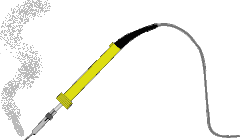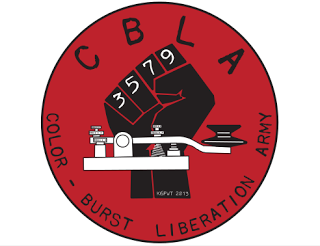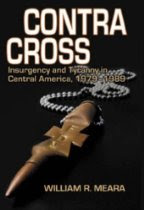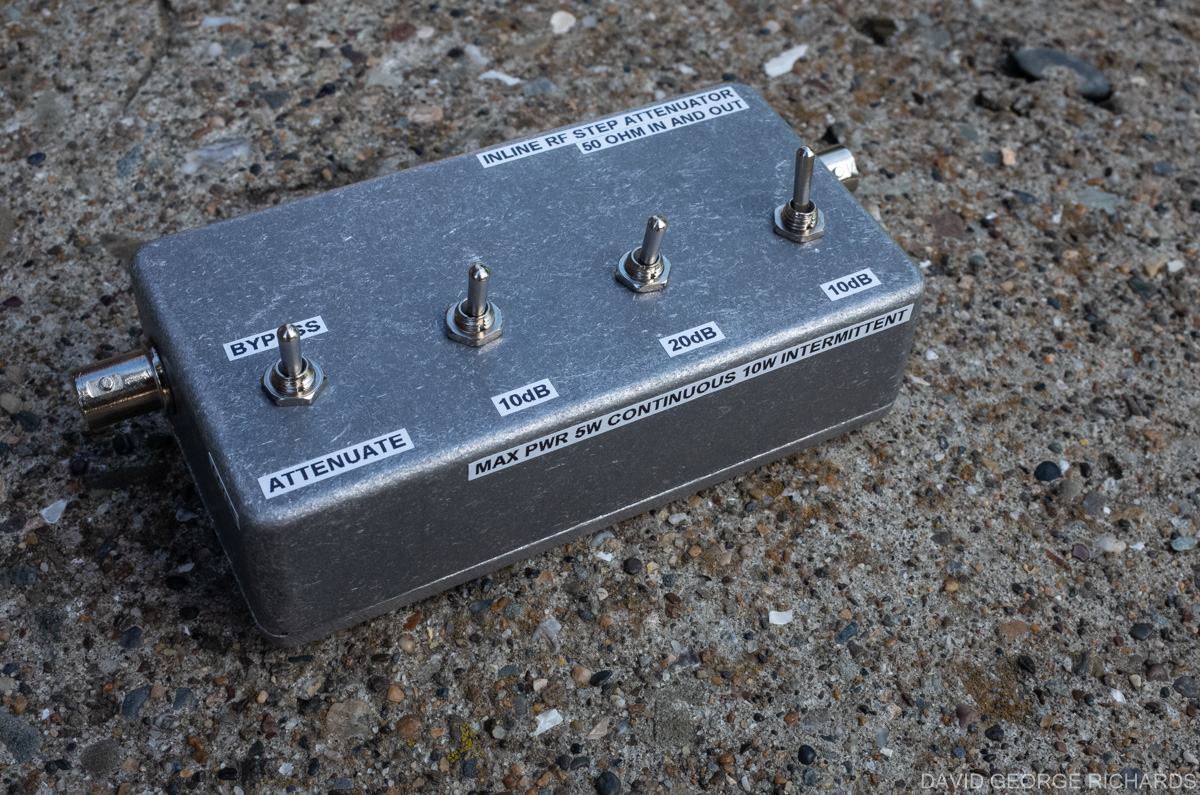I was really happy to get this encouraging message from Mark, K6HX. Mark is a real wizard -- he has been deeply involved in the production of many of Pixar's wonderful animated films. And his blog -- Brainwagon -- is always a good read. Mark offers good advice for software and hardware troubleshooting. Thanks Mark!
Hey Bill and Pete:
Just finished listening to your latest SolderSmoke on my commute
yesterday, and thought I'd drop you a line to let you know that I'm
really enjoying the "dynamic duo" format that you've adopted. Having
different ideas and different perspectives on the show, but with both
of you showing such great enthusiasm really makes the show a pleasure
to listen to. (Incidently, your audio for this last podcast seemed
much better to me, a couple of episodes seemed to be plagued with much
different levels between Pete, who was booming, and Bill, who
frequently seemed to be quite low. Whatever you did, keep it up!)
As a guy who does mostly computer/software engineering, I'm especially
liking Pete's continual, good natured prodding of Bill to get with the
program and use more gadgets like the Arduino, the AD9850 and the
Si5351. :-) But what's most valuable to me is when you guys engage
in the back and forth of debugging problems like your recent amplifier
feedback issues. And what I realized (and might come as some comfort
to Bill) is that most of the skills which you guys have developed to
understand and debug radio projects apply equally well to software.
Stop me if this seems familiar:
If you want to learn to program, you do it by programming. Pick a
simple project and try to get it working, then build on your success.
Don't try to learn it all at once. Making a computer blink an LED is
a good start.
Make use of the resources of the Internet community. Look at what
other people are doing, look at their designs, and enlist their help
when necessary.
Keep notes about what works and doesn't. Make an archive of all the
code you write. Examples that work can be helpful to create new code
that works.
Don't just poke the program with a stick, hoping it will work if you
prod it the right way. Develop a theory of why it works, and test
that theory. If the theory is not born out in practice, then don't
leave that code lying around in your program.
Don't get too wedded to your idea about why a program may not work.
Test your assumptions, even the ones that you are sure of. Often
those hide the worst bugs.
Think about modularity. Build simple routines/modules that you can
reuse to build bigger programs.
Build on the shoulders of giants: using tested modules of other people
isn't cheating. But eventually you may need to understand what is
inside these black boxes, so keep working on developing your skills.
Share your enthusiasm with others, via the Internet, Youtube or social media.
-------------------------------------------------------------------------------------------
See Bill, you've already learned a lot of the lessons you need to be a
programmer, you just learned them all with respect to radios. They
will serve you well if you decide to take the plunge into tinkering
with programming. :-)
On some of the ham radio related Facebook pages, I've been a little
annoyed lately that so many hams seem to lament that "nobody builds
anything anymore". Ironically, I suspect these are the same sort of
people who decided to pile onto Bill's amplifier project and skewer
him for its audio quality. If we want more experimentation in ham
radio, we are going to have to tolerate a little more failed (or at
least, not totally successful) experiments. But even beyond that, I
supect that there is quite likely more people (in absolute numbers)
doing homebrew now than in any time in decades. It's an incredible
golden age for homebrew. We have great books out like EMRFD, great
mailing lists, vendors to sell us amazing parts at incredibly low
prices, and the Internet to share and learn. People like you two are
part of this. What are all these complainers doing to get people to
build stuff?
I have to really thank you, Bill in particular. While I've still not
gotten all the way to building my own transceiver, you got me back
into amateur radio, fueled my interest in beacons, QRSS, WSPR and
homebrew in general. And Pete's approach to radio seems to be the
wedding of electronics and software that I find in sync with my own
ideas. I look forward to doing more projects, and hearing about
yours in the weeks and months to come.
Well done, sirs.
Mark (K6HX)
Our book: "SolderSmoke -- Global Adventures in Wireless Electronics"
http://soldersmoke.com/book.htm
Our coffee mugs, T-Shirts, bumper stickers: http://www.cafepress.com/SolderSmoke
Our Book Store: http://astore.amazon.com/contracross-20
May 6, 2024. A Tale of Woe and Some Trouble Shooting
-
Why is it we like to read about tales of woe? Is it that we have a huge
empathy with those afflicted or is it a simple "glad it is them and not
me"! Well ...
12 hours ago


























I agree! I'm a new ham and from listening to Soldersmoke I went from wanting to buy an appliance in a box to buying a kit for a first HF radio. Each day I now add to the ever growing list of home brew projects for the future! Thanks Bill!
ReplyDelete